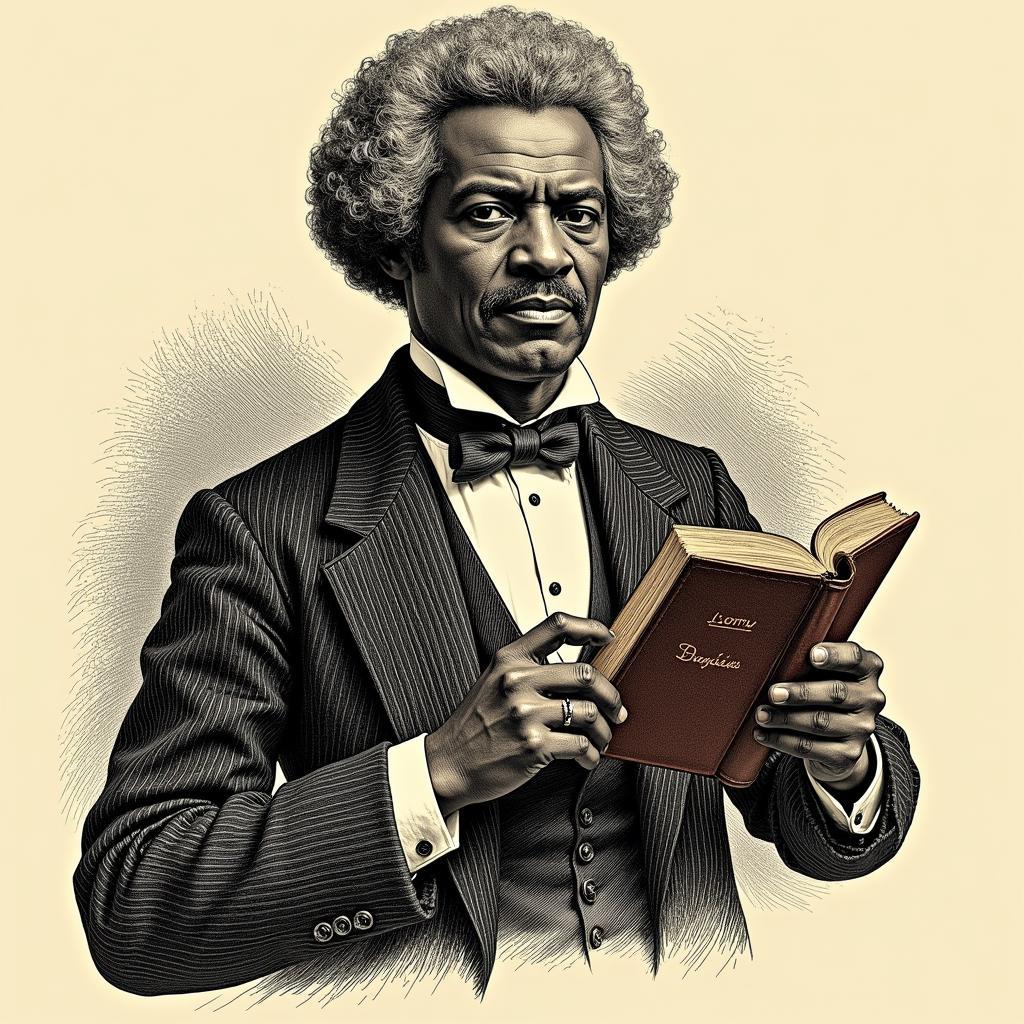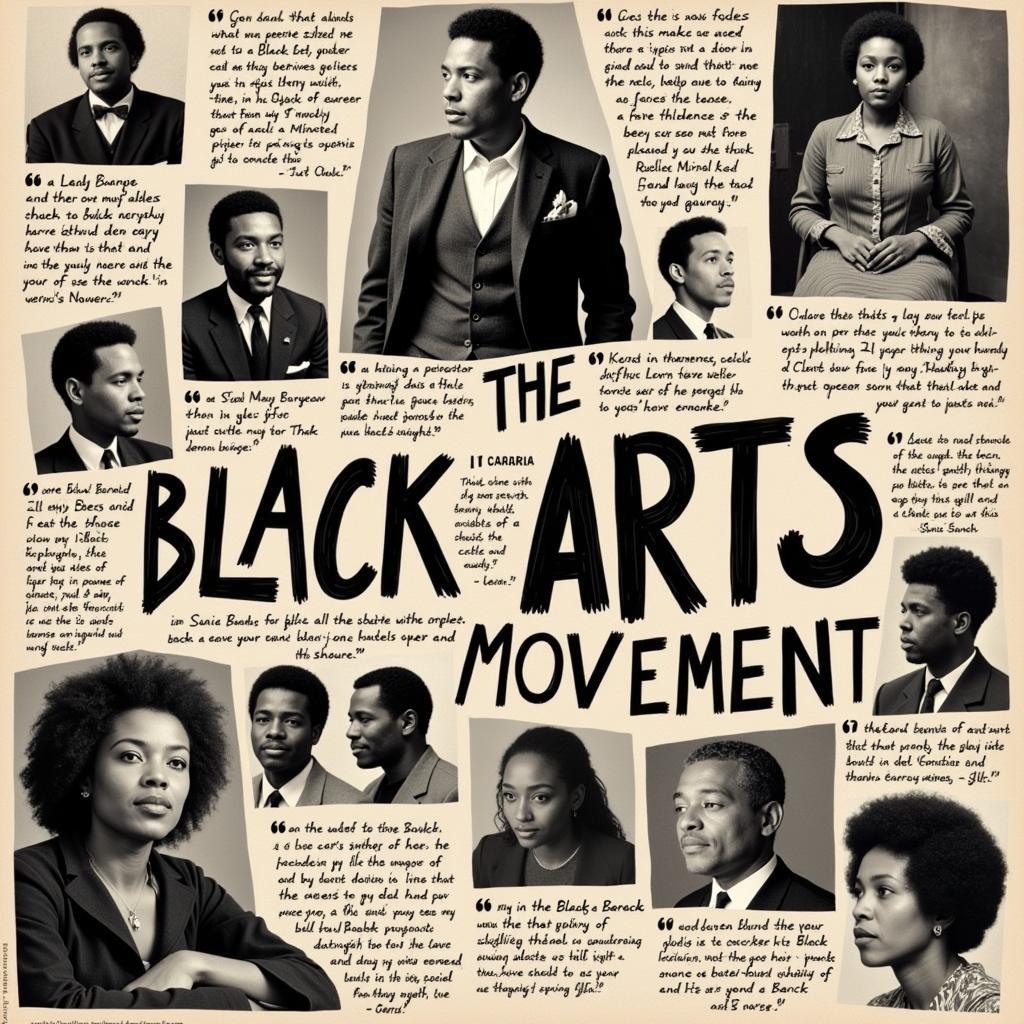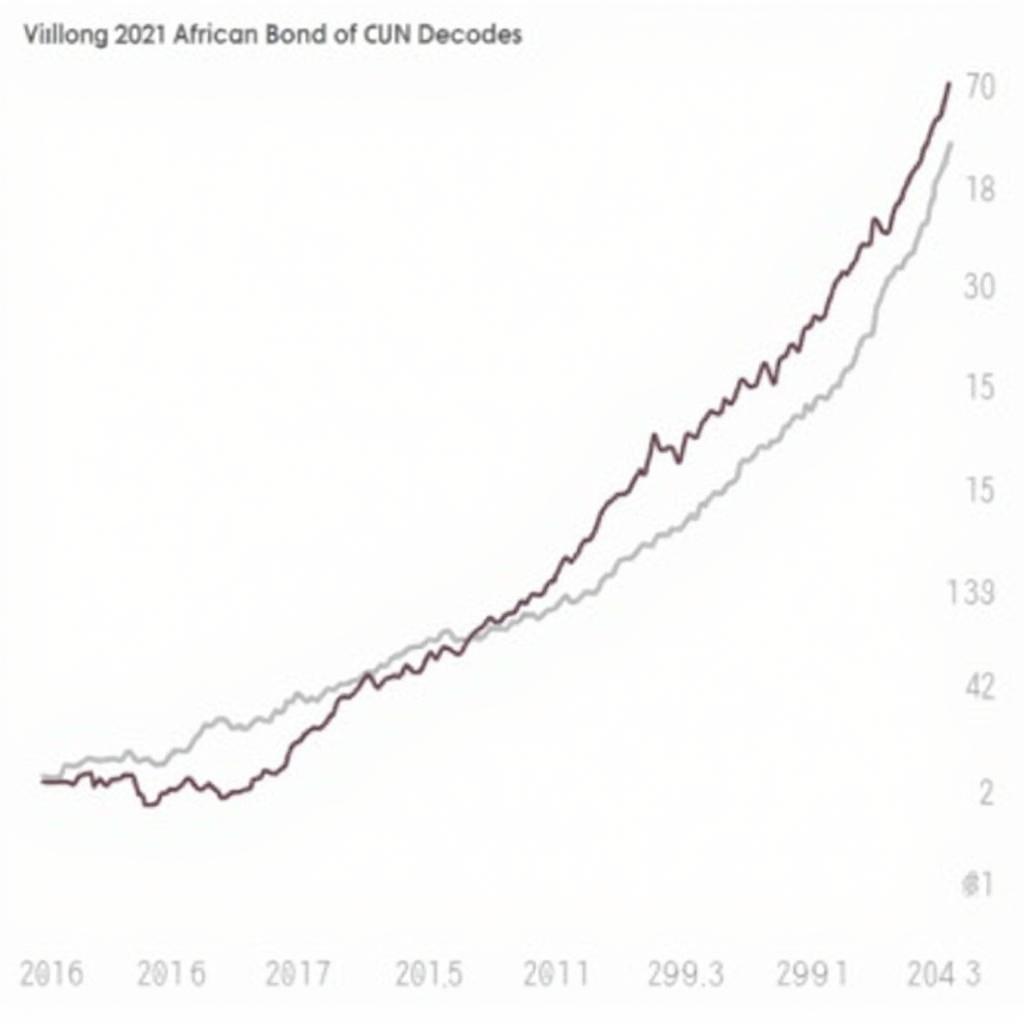African American Literature: Schools and Movements Shaping a Narrative
African American literature, a powerful testament to the Black experience, is deeply intertwined with various schools and movements that have shaped its evolution. From the Harlem Renaissance to the Black Arts Movement, these creative forces have provided platforms for Black voices to be heard, celebrated, and analyzed. This exploration delves into the significant schools and movements that have shaped the landscape of African American literature.
The Early Seeds: Antebellum Literature and the Birth of a Voice
Before the Civil War, African American literature primarily served as a tool for abolition and self-expression. Writers like Frederick Douglass, in his autobiography “Narrative of the Life of Frederick Douglass, an American Slave,” and Sojourner Truth, with her powerful speeches, challenged the institution of slavery and asserted their humanity. This period laid the groundwork for future explorations of freedom, identity, and equality.
 Early African American Literature
Early African American Literature
The Harlem Renaissance: A Flourishing of Artistic Expression
The Harlem Renaissance, spanning the 1920s, marked a transformative period for African American art, music, and literature. Centered in Harlem, New York City, this movement witnessed an outpouring of creativity that challenged racial stereotypes and celebrated Black identity.
Key figures like Langston Hughes, Zora Neale Hurston, and Claude McKay emerged, each contributing unique voices and perspectives to the literary landscape. Hughes’s poetry, like “The Weary Blues,” embraced the rhythms and themes of jazz, while Hurston, in novels such as “Their Eyes Were Watching God,” explored the complexities of Black womanhood. This era not only gave birth to exceptional literary talents but also redefined how African Americans were perceived in American society.
The Black Arts Movement: Literature as a Weapon for Liberation
Emerging alongside the Civil Rights Movement in the 1960s and 70s, the Black Arts Movement viewed art as a tool for social and political change. This movement rejected assimilationist ideals and advocated for Black self-determination and pride.
Playwrights like Amiri Baraka, with his controversial work “Dutchman,” and poets like Sonia Sanchez, known for her powerful use of Black vernacular, challenged racial injustice and called for revolution. The Black Arts Movement emphasized the importance of Black aesthetics and gave rise to a new generation of writers who used their craft to fight for liberation.
 Black Arts Movement Literature
Black Arts Movement Literature
Contemporary Voices: Exploring Intersectionality and Beyond
Contemporary African American literature continues to evolve, embracing a wider range of experiences and identities. Writers like Toni Morrison, who explored themes of trauma and memory in novels like “Beloved,” and Alice Walker, who tackled gender and racial politics in “The Color Purple,” paved the way for nuanced depictions of Black life.
The late 20th and early 21st centuries have witnessed an explosion of diverse voices, with writers exploring themes of gender, sexuality, class, and globalization. Authors like Colson Whitehead, Jesmyn Ward, and Ta-Nehisi Coates are among the many contemporary writers who continue to push the boundaries of African American literature and challenge conventional narratives.
The Legacy of African American Literary Movements
The schools and movements discussed above are just a few of the many that have shaped African American literature. From the early abolitionist writings to contemporary explorations of identity, this rich literary tradition reflects the evolving struggles and triumphs of the Black experience. Understanding these movements provides a deeper appreciation for the power and complexity of African American literature and its enduring impact on American culture and beyond.
african american vernacular english features evolution educational implications
FAQs About African American Literature Schools and Movements
1. What is the significance of understanding these movements?
Recognizing these movements helps us grasp the evolution of African American thought, identity, and creative expression through literature.
2. Are these movements still relevant today?
Absolutely. These movements continue to influence contemporary writers and shape discussions about race, identity, and social justice in literature.
3. Where can I find more information about these movements?
Resources like the Oxford African American Studies Center, university libraries, and reputable online databases offer extensive information.
african american history timeline
Need More Information?
Explore related articles on Omenka Magazine to learn more about African American history and culture. Our website provides insightful content that deepens your understanding of these crucial topics.
african american culture in the united states
Contact Us
For further assistance, contact us at:
- Phone: +255768904061
- Email: kaka.mag@gmail.com
- Address: Mbarali DC Mawindi, Kangaga, Tanzania.
Our customer service team is available 24/7 to assist you.


